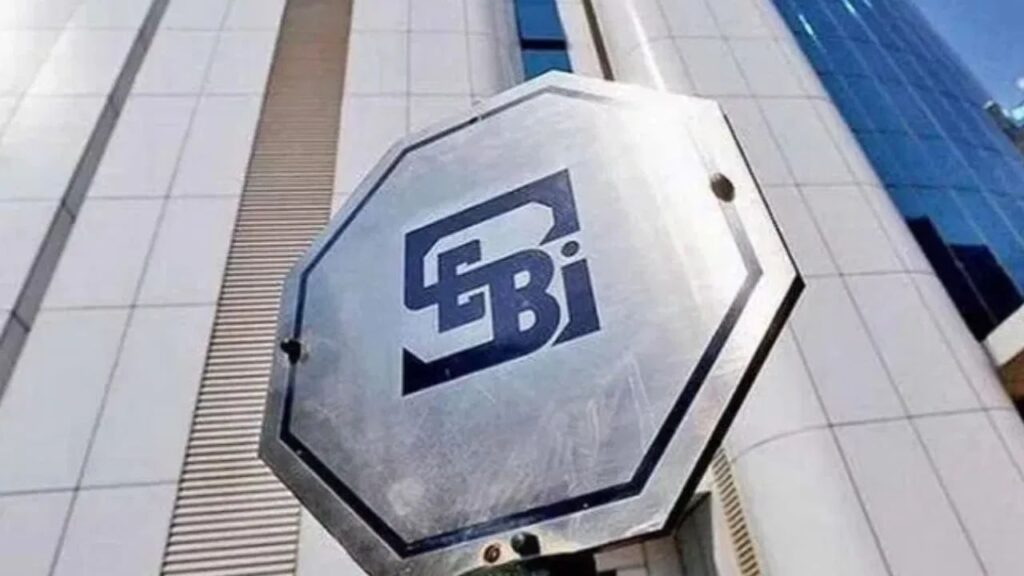The Securities and Exchange Board of India (SEBI), the market regulator, has issued a show-cause notice to Paytm’s founder, Vijay Shekhar Sharma. This notice questions the classification of Sharma as a ‘non-promoter’ during Paytm’s IPO (Initial Public Offering) launch, which SEBI alleges was a misclassification. However, the crux of the matter transcends the IPO classification; it prompts inquiries regarding SEBI’s regulatory framework and the definition of ‘promoter’.
Context of SEBI’s Notice
It’s been nearly three years since Paytm’s IPO, one of the largest in Indian history. SEBI’s renewed scrutiny of the classification of ‘promoter’ versus ‘non-promoter’ raises critical concerns about the adequacy of its regulatory practices. By initiating actions on a previously approved case, isn’t SEBI inadvertently questioning its regulatory credibility and the implications of its earlier approvals?
The Timing of SEBI’s Actions
The timing of SEBI’s actions is particularly surprising. Given the massive scale of Paytm’s IPO, which unraveled with the scrutiny of various regulatory bodies, investors, and advisory firms, one would expect that potential issues like promoter classification would have been identified as part of the regulatory review process. SEBI’s delayed action on this matter raises serious doubts about the effectiveness of its review during the IPO process.
Regulatory Procedures Pre-IPO
Prior to going public, a company must endure rigorous checks, including the Review of the Red Herring Prospectus (RHP), which verifies the classification of promoters and non-promoters. If SEBI is now raising questions about Sharma’s classification, it suggests that either the initial reviews were flawed or that new information has emerged. In either scenario, this delay undermines trust in the regulatory process.
Impact of Retroactive Actions
SEBI’s decision to initiate post-approval actions significantly impacts the reliability of the regulatory framework. Once an IPO has been approved, and a company has responded to all clarifications related to its RHP, it is expected that this review process is conclusive. By revisiting Sharma’s classification, SEBI is creating uncertainty for other companies that have previously completed their IPO processes compliant with all regulations, leading to additional risks for them.
Changing Definitions of ‘Promoter’
The notice also brings to light the complexities surrounding the definition of ‘promoter’. According to SEBI’s ‘Issue of Capital and Disclosure Requirements’ (ICDR) regulations, a promoter is defined as a person whose name appears in the Draft Red Herring Prospectus (DRHP) or an individual who exercises direct or indirect control over the company. This broad definition raises questions about the appropriate classification of promoters, especially in the context of modern corporate structures.
SEBI’s Adaptation to Modern Corporate Structures
SEBI recognizes the need to update its approach to defining promoters. In a discussion paper, it has introduced the concept of “Persons in Control” (PIC). Distinguishing between founders, promoters, and controlling shareholders has become crucial, especially as companies increasingly engage with capital markets. As company structures evolve, the traditional notion of a promoter is becoming less relevant.
Ensuring Market Stability
SEBI has played an essential role in promoting the growth and stability of India’s securities market. Its regulatory reviews have bolstered investor confidence. However, as markets become more complex, SEBI must adapt its regulatory framework accordingly. Transitioning from a promoter-based model to a PIC model should be implemented with clarity to avoid confusion amongst companies and investors.
Concerns about Regulatory Trust
Reassessing prior approvals can diminish trust in regulatory processes. SEBI’s actions could lead to concerns about whether IPO approvals are, indeed, final, or if future reviews may arise. Such uncertainty can adversely impact IPO markets, as companies may hesitate to go public if they fear that their approvals could be scrutinized years later.
Conclusion
SEBI’s notice to Vijay Shekhar Sharma highlights the complexities of defining a promoter within the context of India’s evolving corporate landscape. As SEBI continues to refine its regulatory framework, it must ensure that its actions promote clarity, stability, and confidence in the market, balancing enforcement with the need for modern corporate structures.

